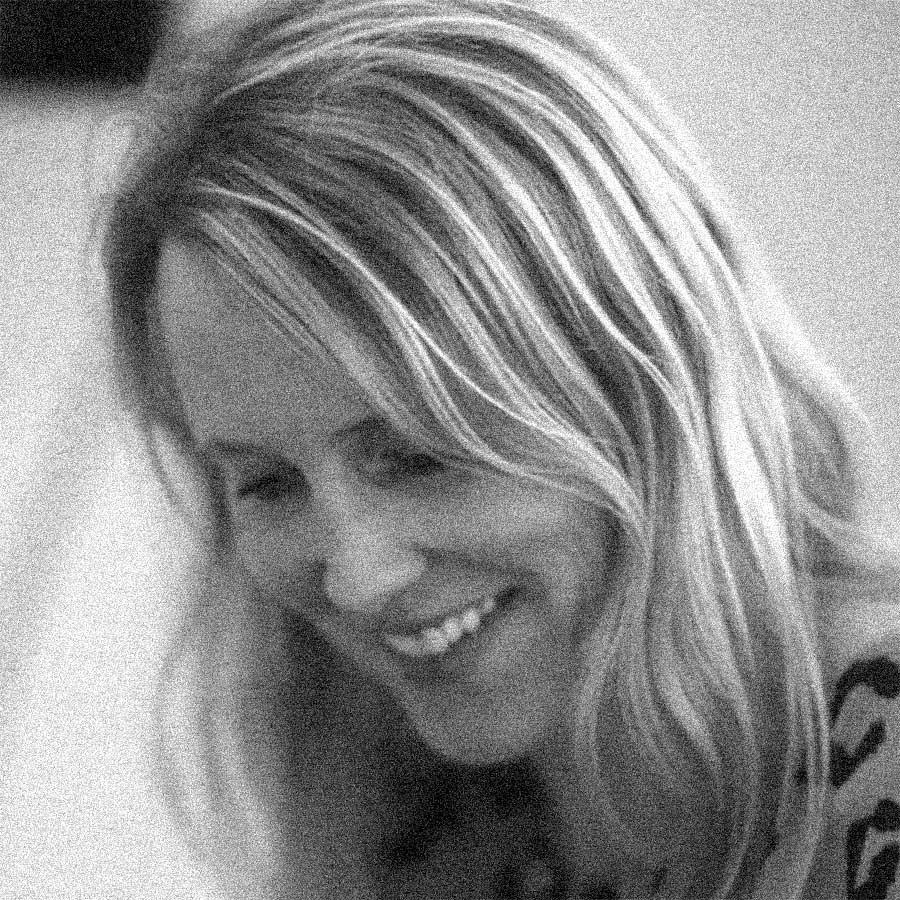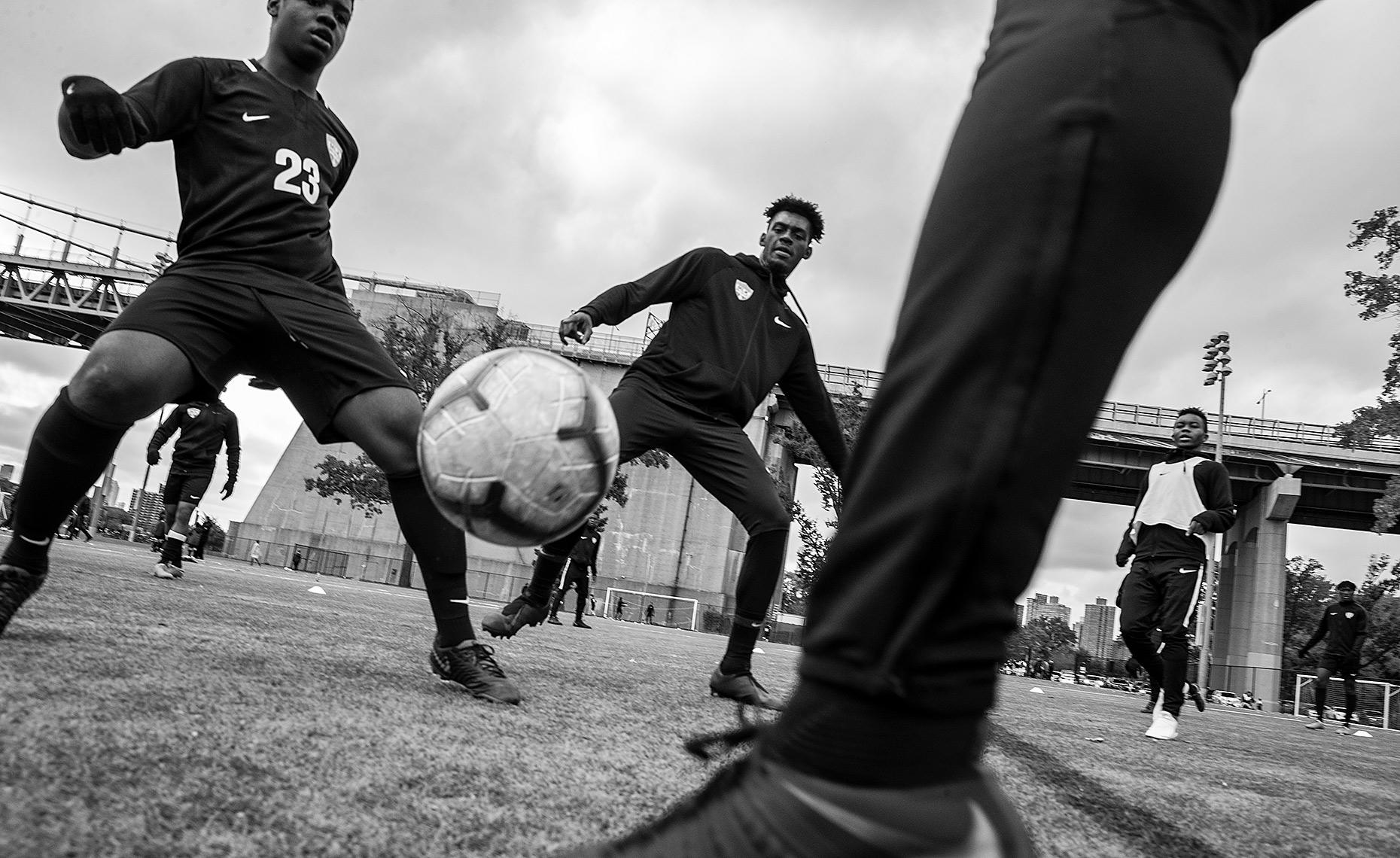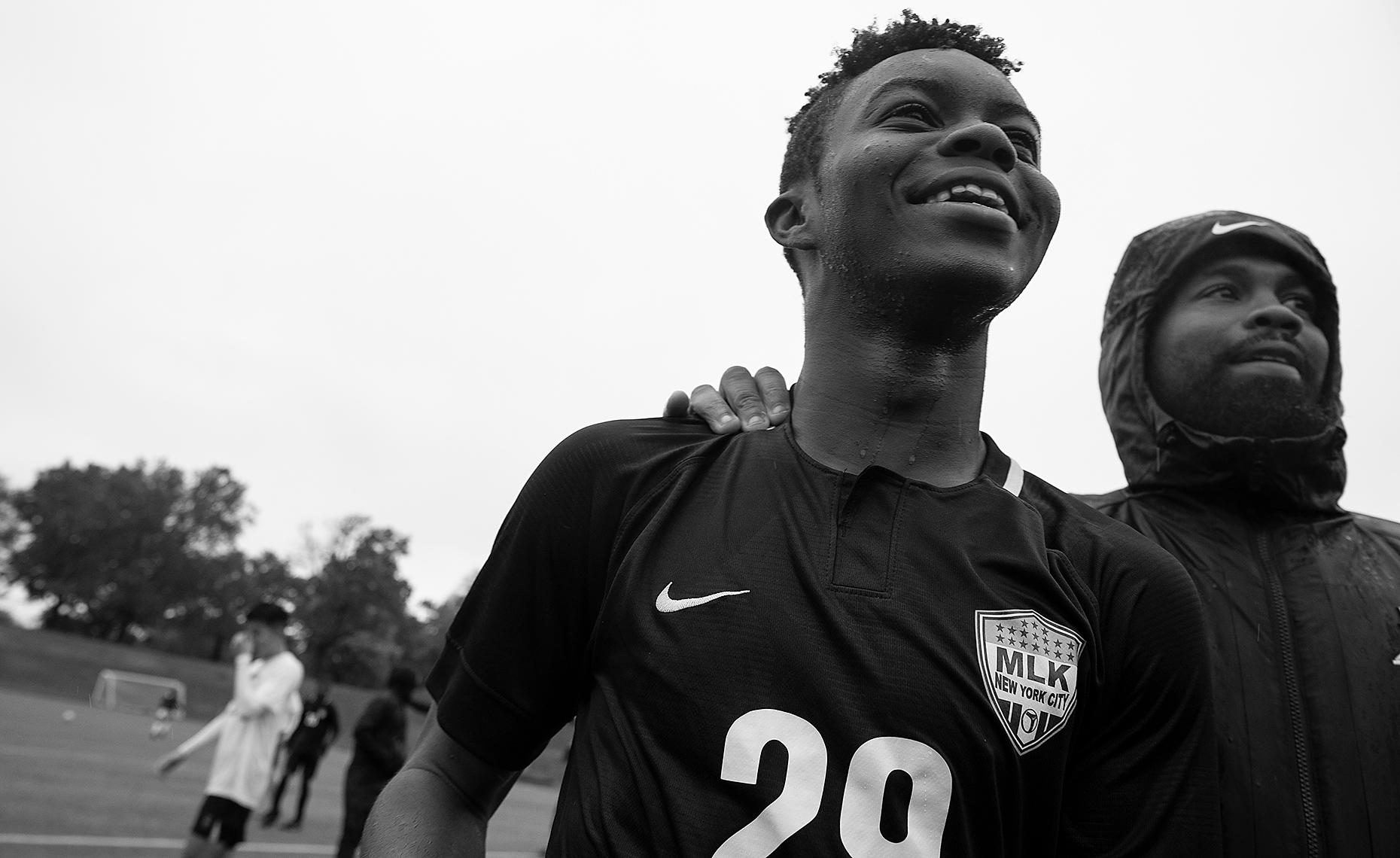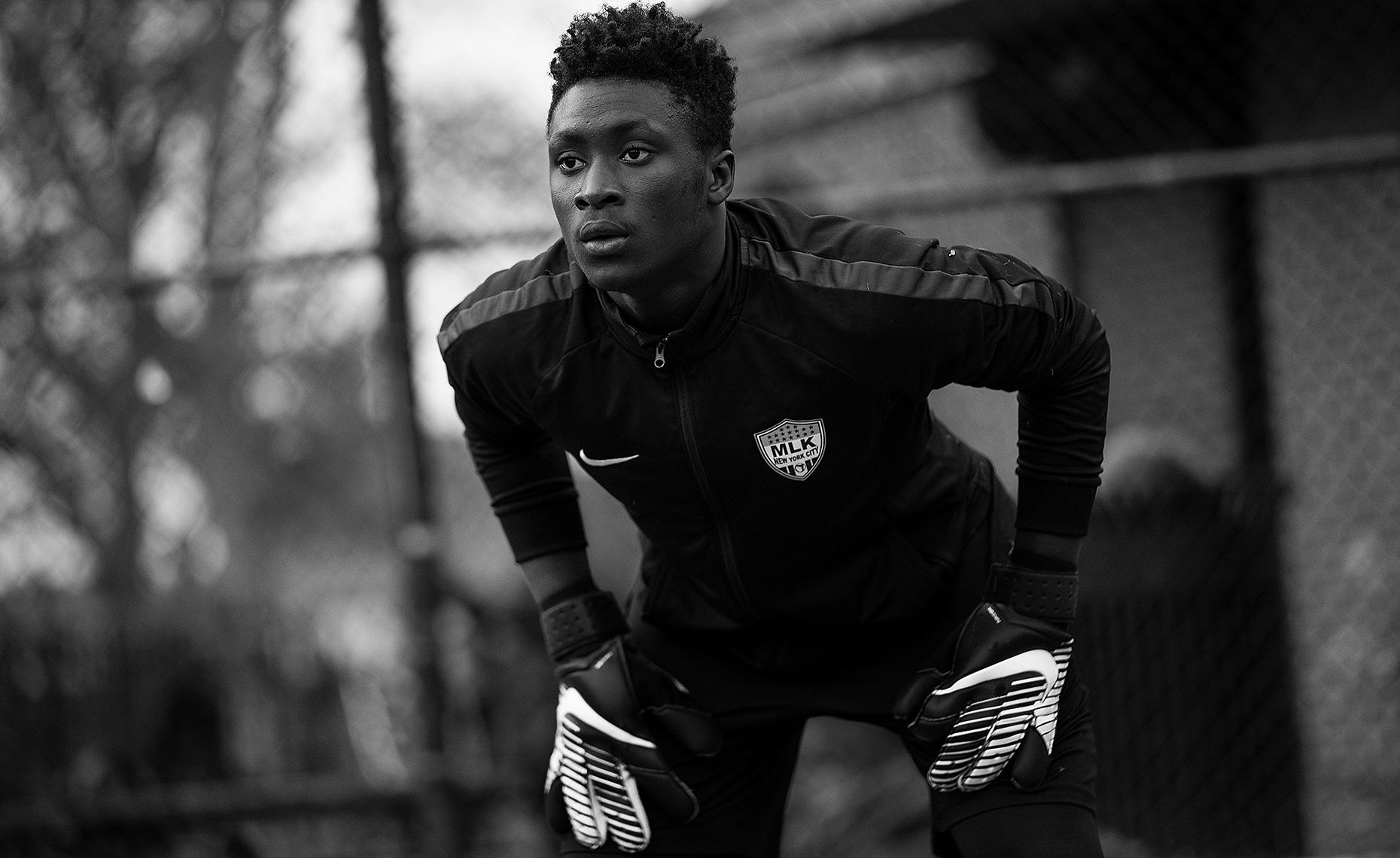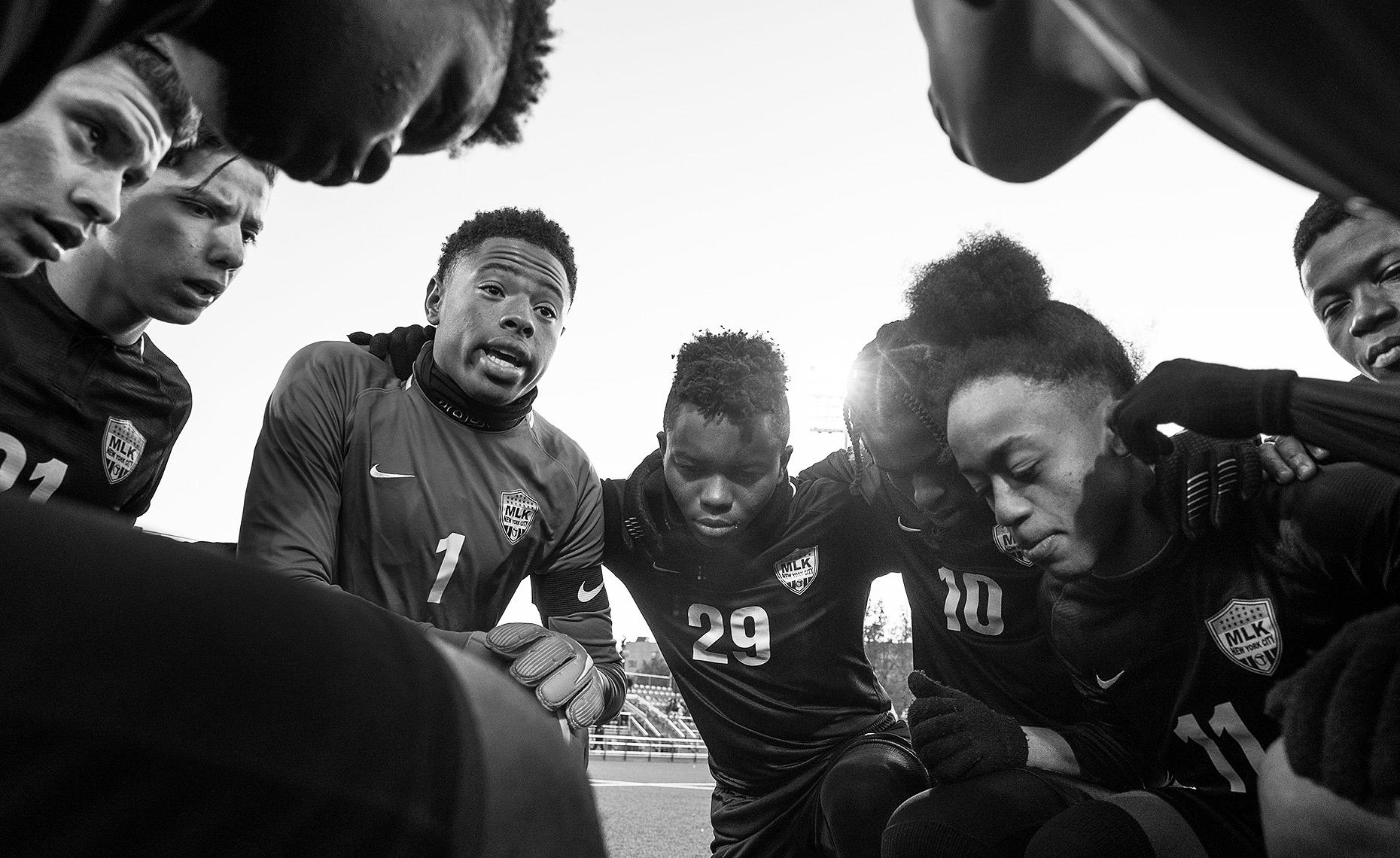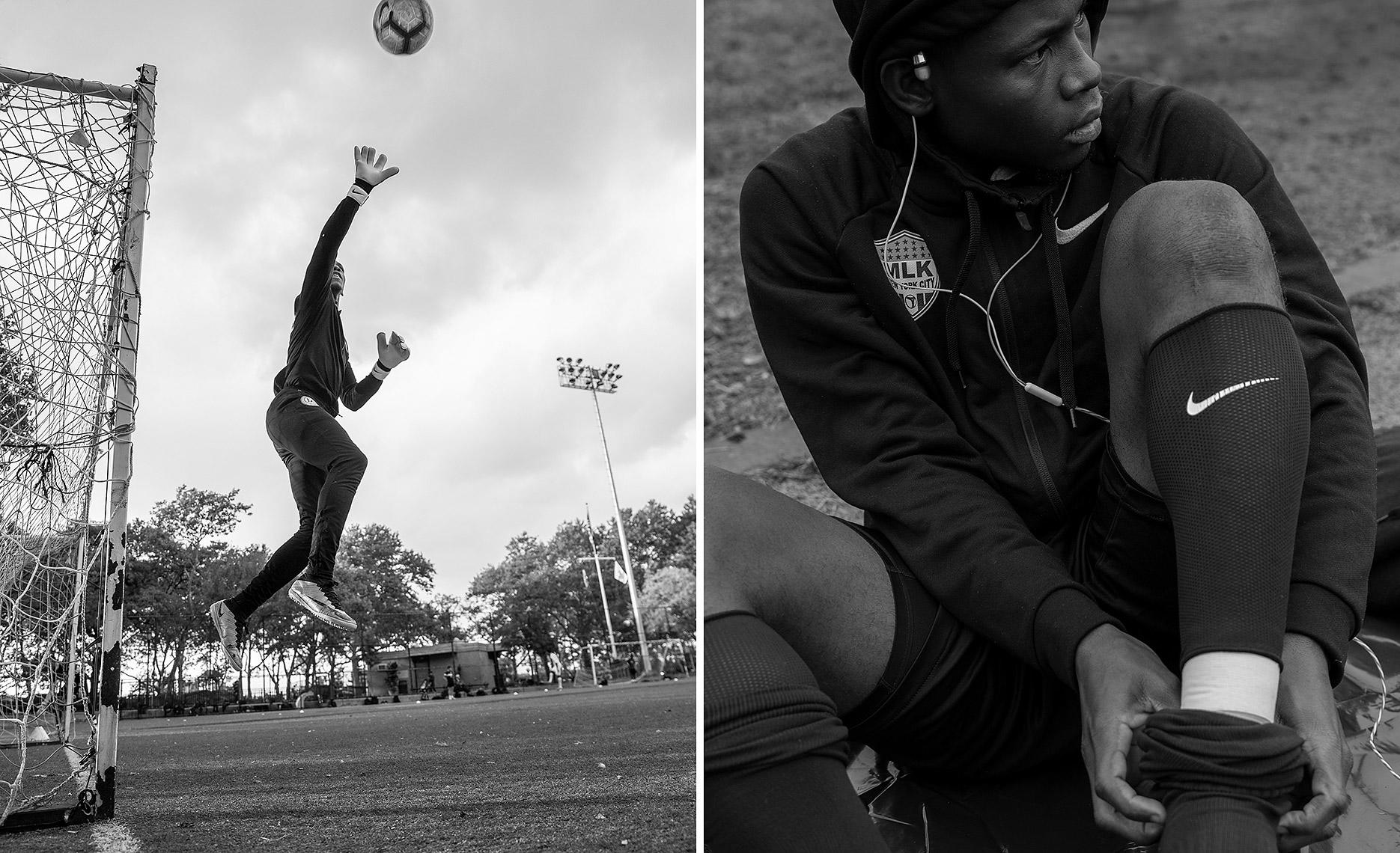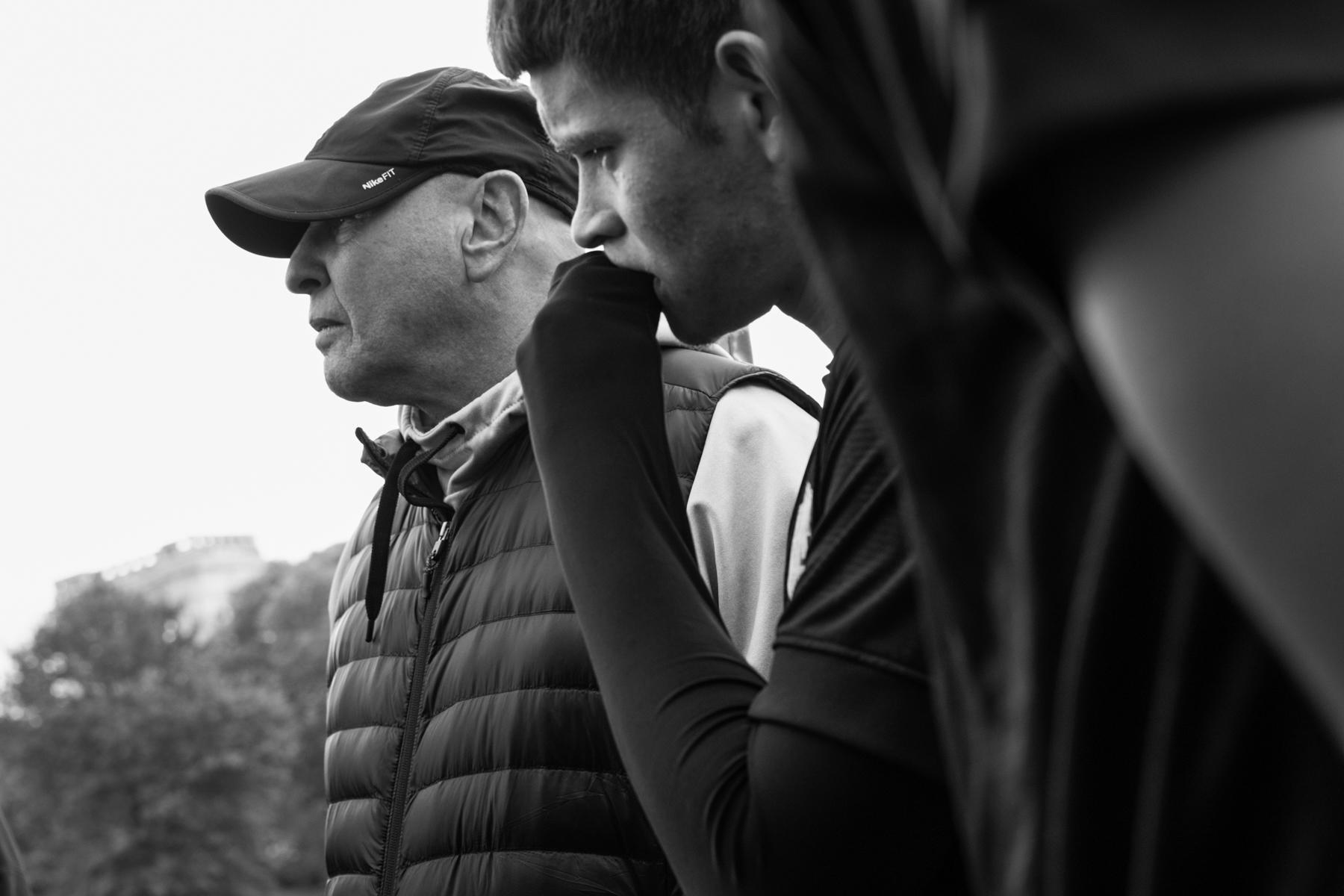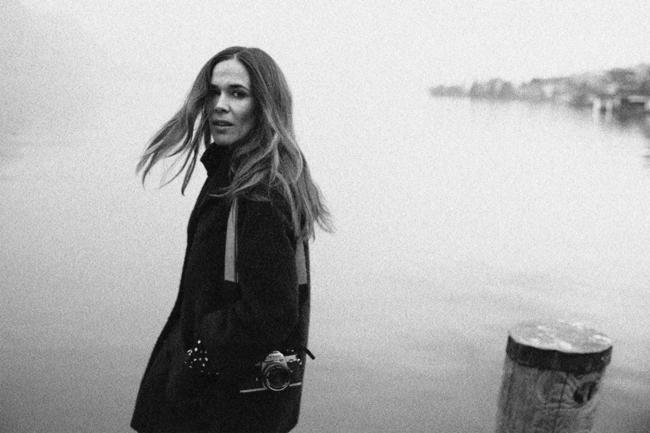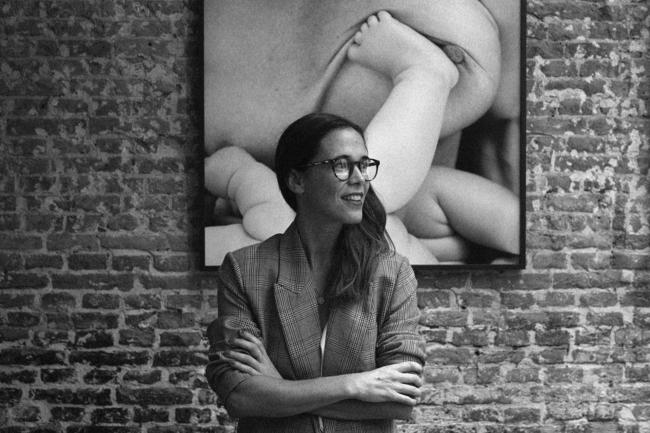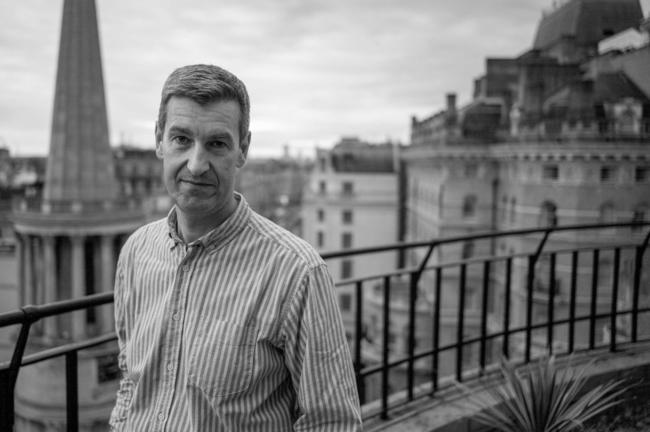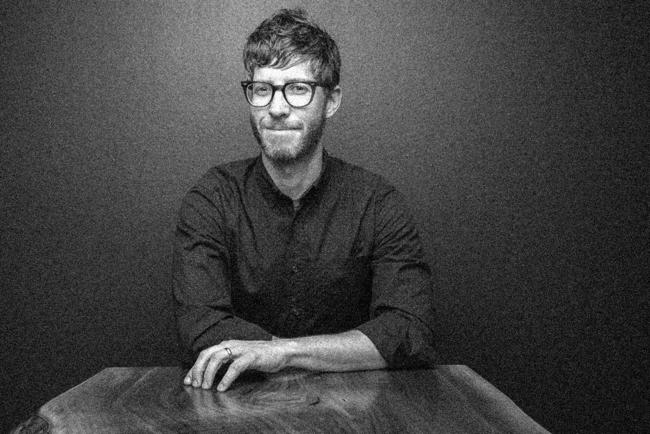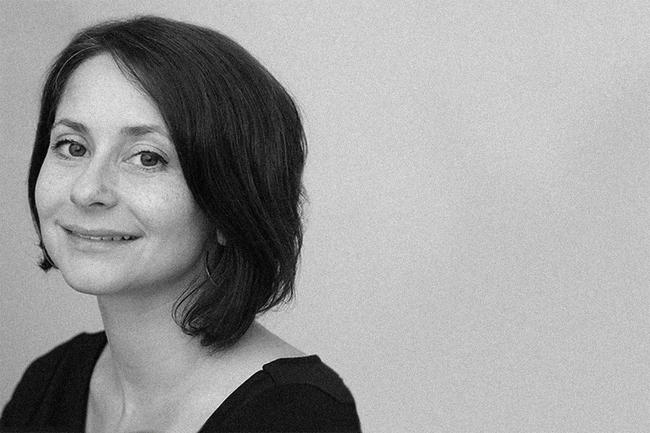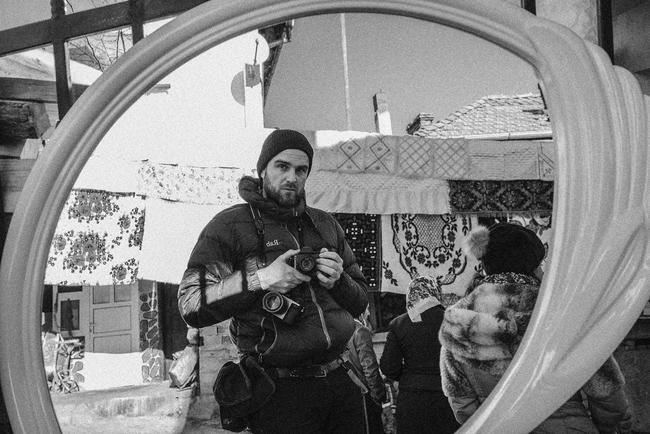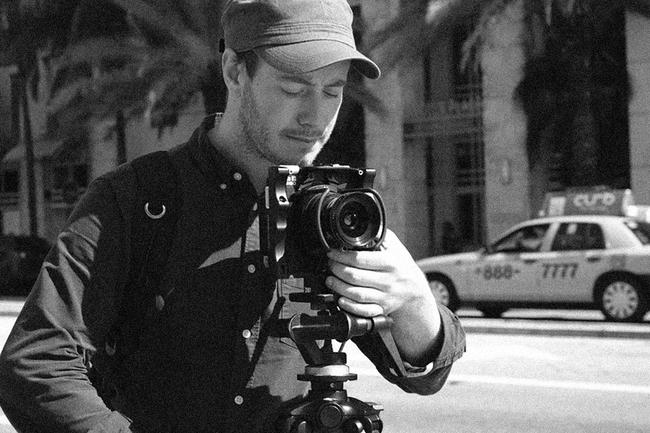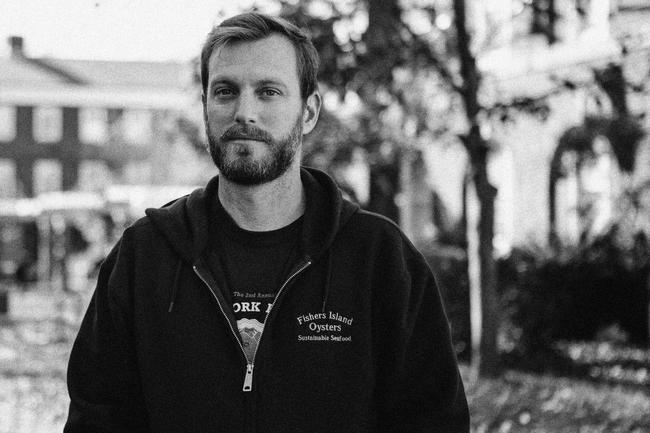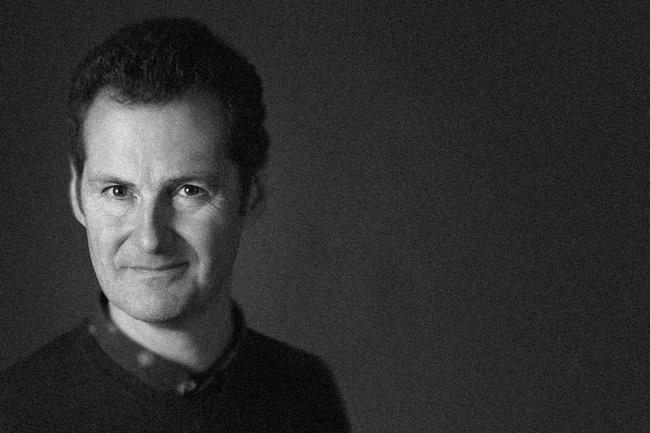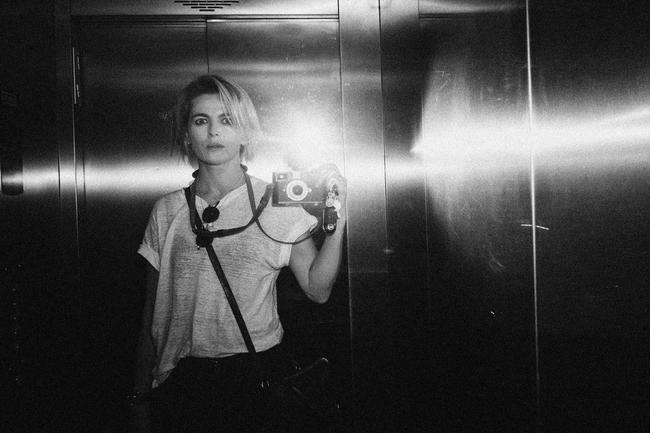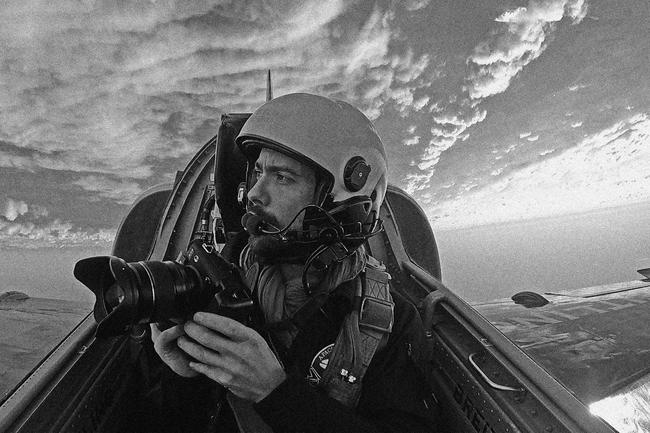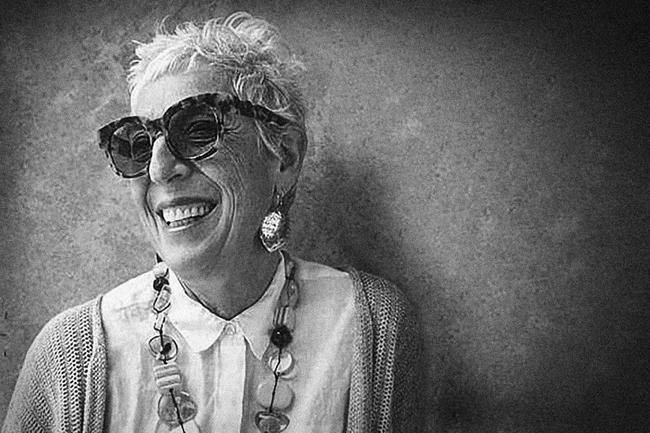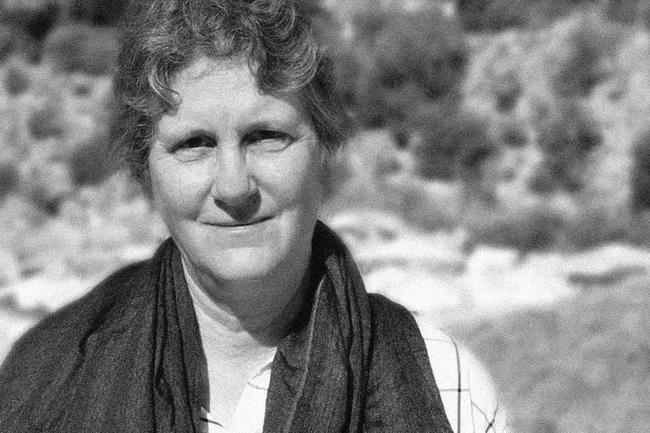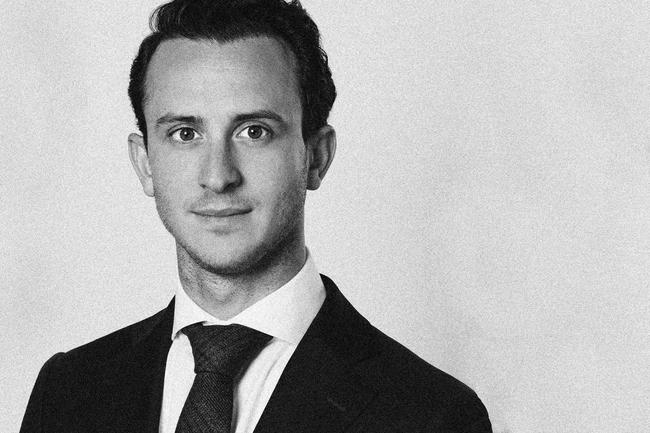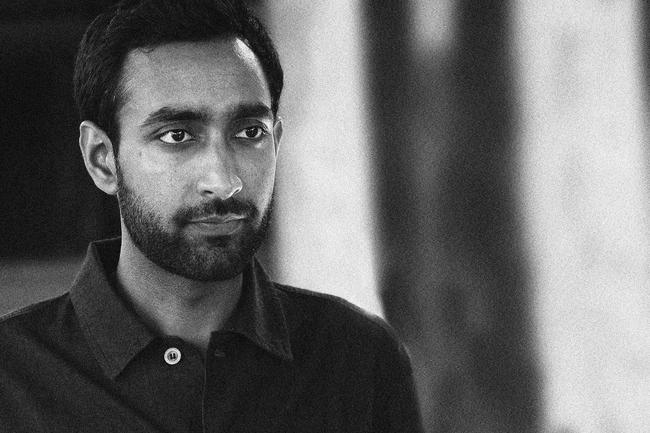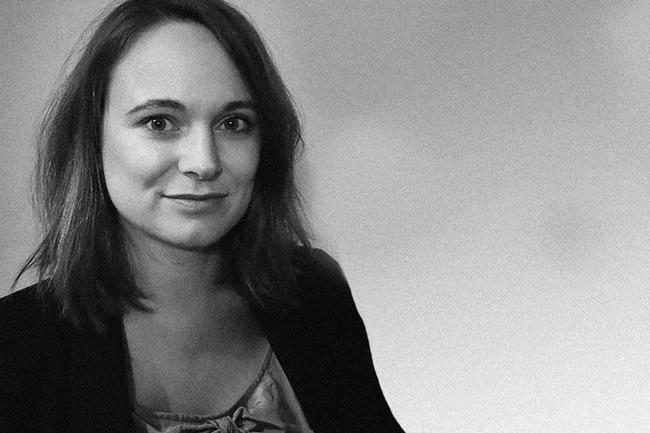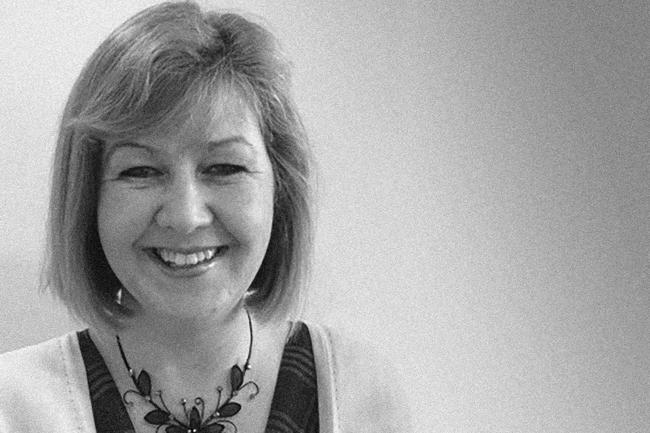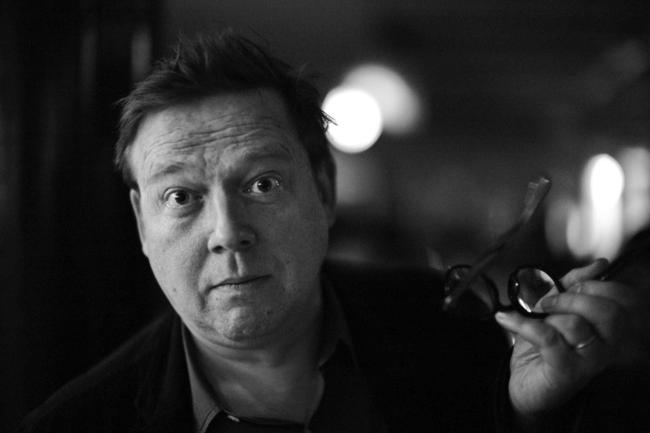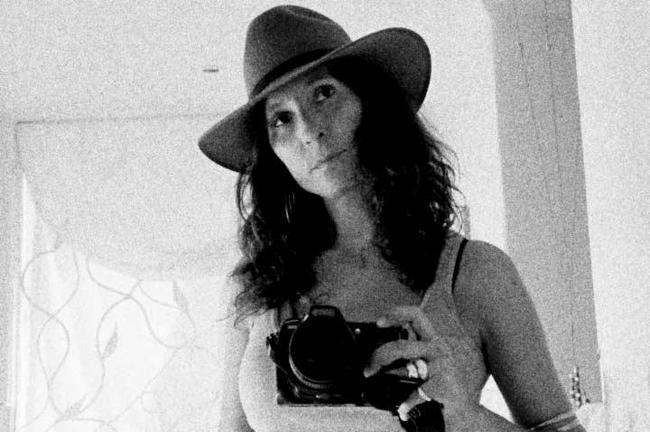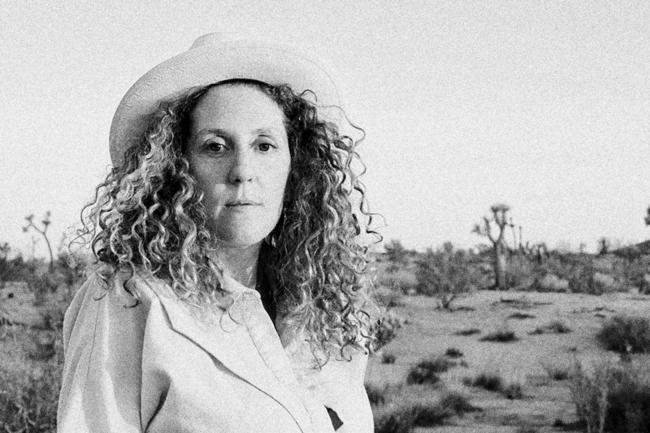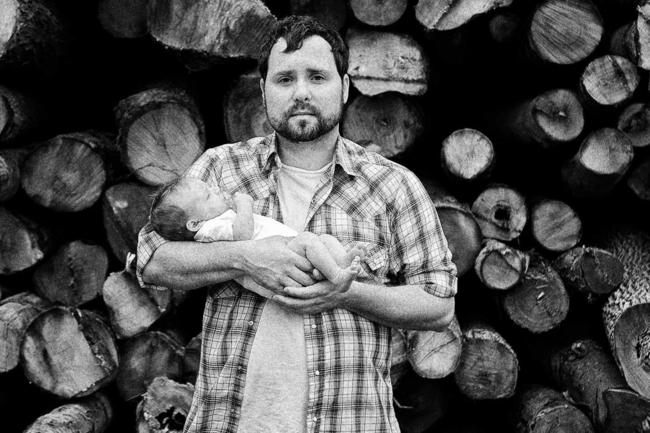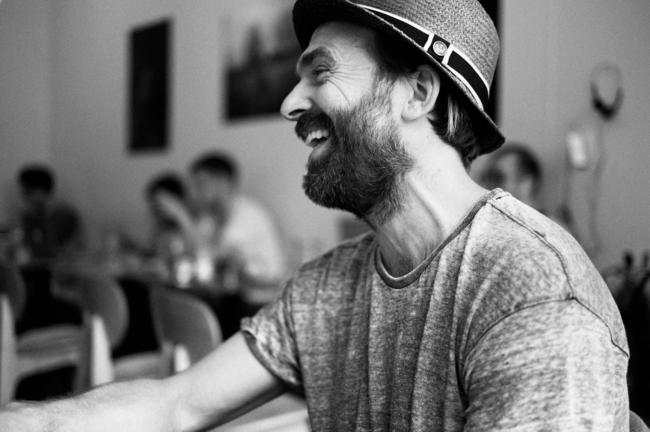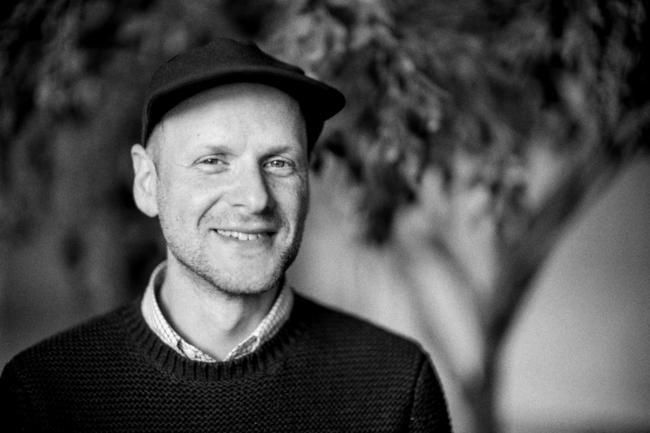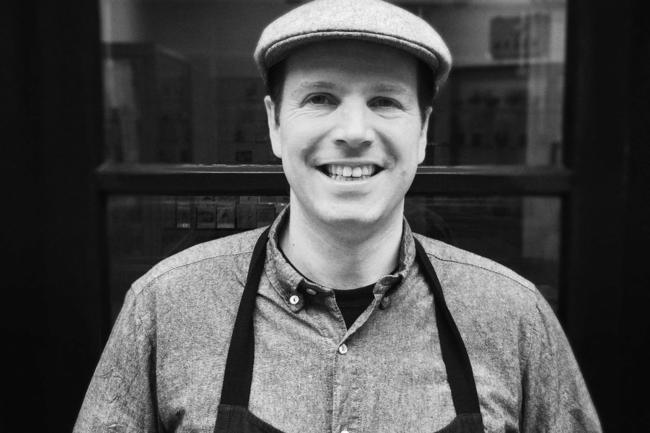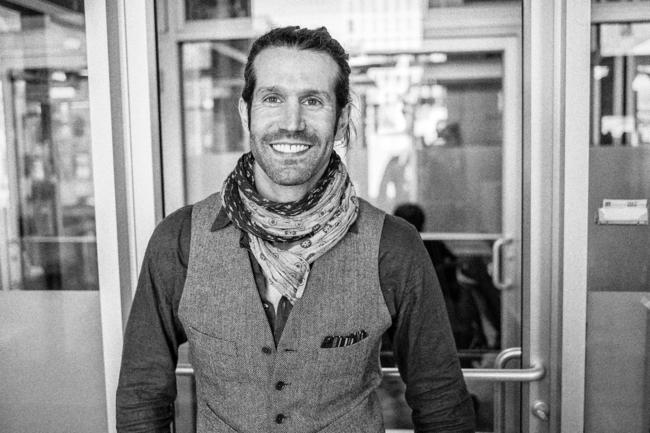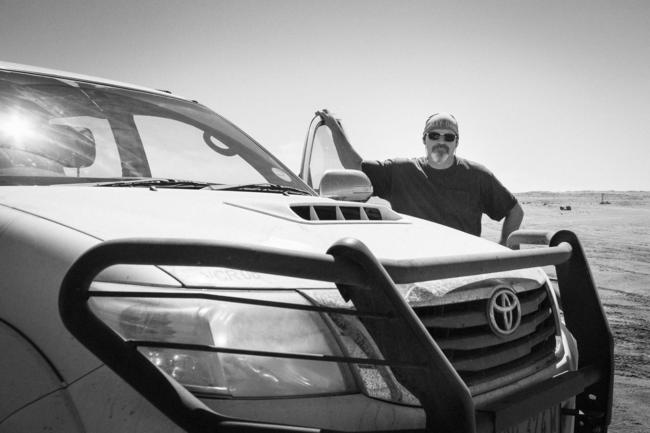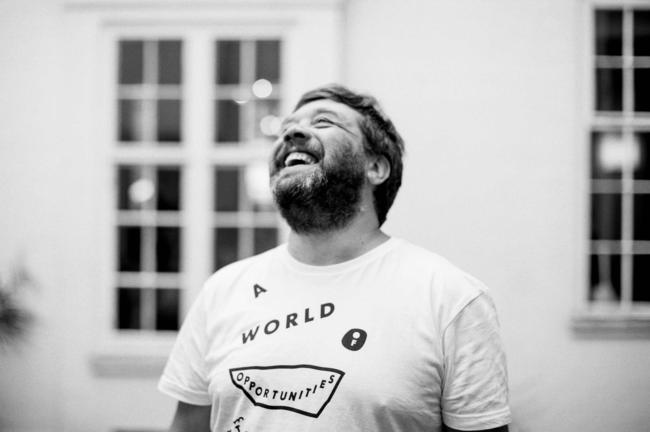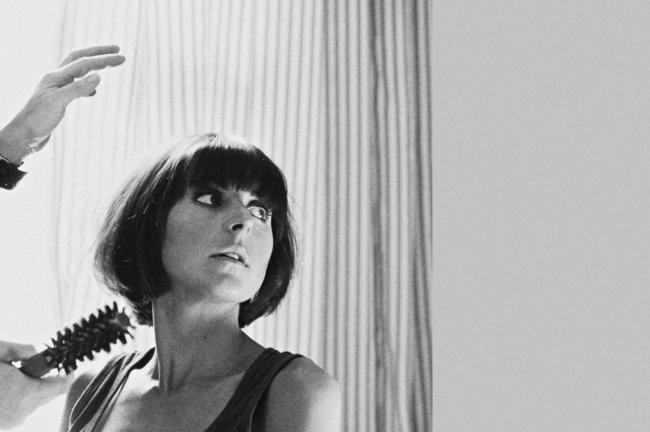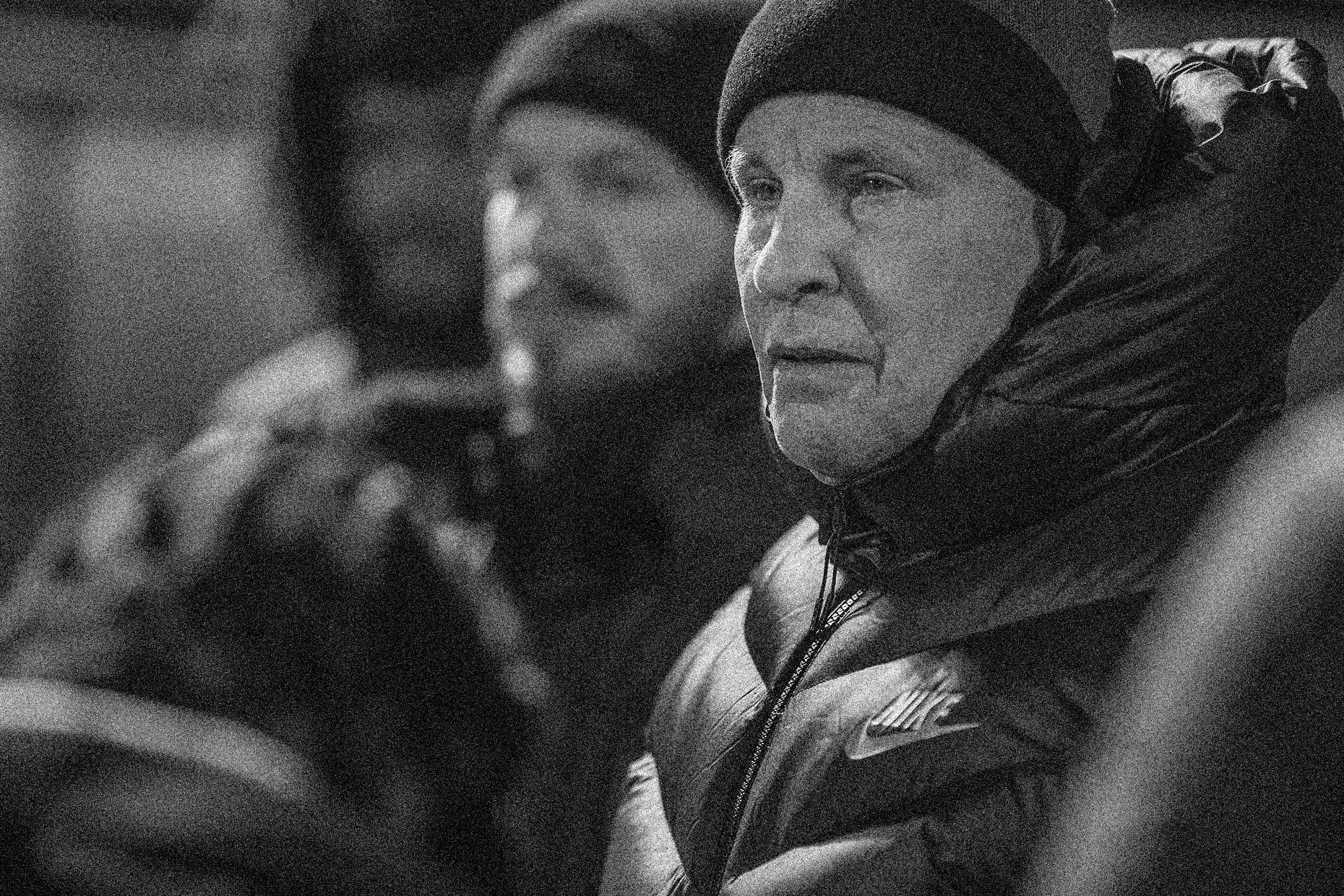
City spotlight on New York:
conversation with Coach Jake
Martin ‘Coach Jake’ Jacobson is the most successful high school soccer coach in New York City history. Winning is second nature. But what’s most important to him is helping others; teaching people we’re on this Earth to make a difference. And his role in the community extends far beyond the field.
A coach, educator and counsellor for more than 45 years, this native New Yorker’s story is deeply inspiring. Through his love of soccer, he has become committed to social justice, to advocating students’ rights, especially immigrants. His journey reads like a film script (and Hollywood has come calling): full of life’s bumps, such as battling drug and substance abuse and a Hepatitis C diagnosis.
We talk to Coach Jake about what sport in cities can do for kids, how important it is to building common goals and purpose, and how he has created a sporting powerhouse from a field in Manhattan. We also hear about The Coach Jake Foundation, a non-profit organisation that uses soccer to help young athletes in urban areas across America.
The conversation is part of our city spotlight series on New York looking at what sustains our cities globally.
Photo credit: Jason Gould
You’ve been coaching soccer since the 1970s. How did you get into it?
I was born in Brooklyn and grew up out on Long Island. A Holocaust survivor, in the recreation department at my school, taught me how to play soccer when I was 10. At that time, my dad was dying and I was a lonely, slightly mischievous kid. This guy taught me the game and I fell in love with it right there and then.
I went to school to become a teacher and then played soccer at Ball State University in Muncie, Indiana. I continued playing for many years, up to my late 50s, with a break in between for my addiction. I then went on to coach and teach. I was the very first public high school soccer coach in New Mexico [between 1974 and 1983]. So my career spans decades of coaching.
I came back to New York in 1986, penniless and homeless, having struggled with my addiction. I joined MLK (Martin Luther King Jr High School in Manhattan) as a guidance counsellor. And when I eventually took over the soccer team, they hadn’t won a game. But we became a national power, if not one of the best ranked teams in America – with the winningest high school programme in New York City history.
I’m now retired from being a full-time teacher, which is great as it allows me to just coach and be co-athletic director.
Before you started coaching boys’ soccer at MLK the school had a bad reputation, known by some as ‘Horror High’, and you’ve managed to turn it into a pillar of the athletic community.
Photo credit: Jason Gould
The school’s success and its transformation is well known - a record 18 New York City Public High School Championships since you took over in 1994. But you’ve also talked about how sport has saved you and what it can do for at-risk urban youth. So what would you consider your biggest wins?
I used to have a big sign up in my early days that read ‘Playing soccer for King is about getting a better life’. And that’s always been my motto. Even this year I’ve made sure every kid who is starting with me is going to college for free. There are 13 pros who play with me and I tell them one thing: ‘Don’t give me anything, just go out and help someone else. Go out and do some good’.
Part of it is getting a better life. If we can just get one person to understand that. Save one person at a time and you save the world. And I believe that very strongly.
What a great attitude. Part of it must be a belief that if you can just affect someone’s emotions, you might enable a positive change in behaviour.
We’ve got to just make some change and right now I’m afraid this world is hating immigrants and people, there’s so much negativity. If we can make a dent – give these kids love, that’s something. I’ve got homeless kids, kids in shelters who I’m not supposed to financially support, but I help in the ways I can. And these kids are used to seeing me every day.
You’ve helped hundreds of kids and are much admired in the community for this commitment to social justice. Your assistence comes in all sorts of forms: taking people in, unofficially adopting, helping with green cards, scholarships, group homes and so much more.
Hundreds of kids have come through the doors of King for the last 21 years and I try to keep track of all the wonderful schools they go to. I can’t say I don’t love winning. I do. I’m a highly competitive person. But in that sense they do too. They all love the sport like I do – they like winning and being part of something really special. We work together very closely and if these kids need help, I will reach out to get them that, whether it’s social, medical, health, social health or immigration, which is a big thing for me.
Photo credit: Jason Gould
Sport does so much for people.
What we know is that this team and these kids, who are highly skilled, become more motivated in school – and that’s key to the whole thing. Sometimes their report cards aren’t great and we need to target them. But at the other end of spectrum, I’ve got the top 16-year-old in the country playing for me in North Carolina. He’s valedictorian of his class.
People need to hear these inspiring stories. For anyone out there who isn’t yet hooked on sport or doesn’t have a teacher at school taking an interest, they need to know about the difference it can make.
It’s so true. I tell the kids: ‘Just remember what you went through and help others’. I’ve got doctors, lawyers, teachers, mechanical engineers – they’ve gone into great professions and great lives.
I network with coaches from great colleges and we send kids to all kinds of places. We don’t hear from them all the time but it’s great when you know these stories. We have one kid from Senegal, who I adopted. He’s now assistant dean at UCA and an all-American – and he’s ours. He was 16 and we took him in and he went on to great things and I’ve got a little baby granddaughter through him. He’s my African son.
That drive to win is its own form of addiction.
It’s definitely a positive addiction but it is anxiety ridden sometimes and there are always complications or a discipline situation to deal with. But that’s just normal. You deal with it.
Over the last three years, in three championships we’ve won 59 straight games against all kinds of teams. Overall, I’m approaching 500 wins for MLK – we are just 10 games away from this. We have had just 20 losses and 20 ties since I took over in 1994.
Right now I have a large graduating class, so the next team is going to be very young. It’s exciting now as everyone thinks next year they can beat us. So it’s challenging.
Photo credit: Jason Gould
What motivated you to teach and then coach soccer?
Ever since I started playing soccer in 10th grade I knew I wanted to teach the sport. It just came to me, mainly because I felt teachers weren’t interested in you, they didn’t really care. And I wanted to offer something different.
So I got into it. But then I went astray. That period is such an integral part of my life: being homeless, penniless, bankrupt and all the things that happened to me because of my addiction. When I returned to New York from New Mexico I rediscovered myself and all these kids, who had this great need. I now have degrees in physical education counselling and also in drug and alcohol substance abuse counselling.
But it’s that old saying of ‘Who is saving who?’ Am I saving them or are they saving me? And I know it’s been a little bit of both and continues to be today.
Many MLK kids are from newer immigrant families and communities. When you first joined the school you saw all these students from underprivileged backgrounds as a massive pool of potential talent. And it’s continued that way.
There are so many different social and economic issues that most people don’t understand. But I knew there was a goldmine at King with all these kids. When I was in recovery [from addiction], or getting better and better as the early years of coaching came, these kids were also recovering from their countries – some of them were from war torn places.
Back in the early days at King it was challenging but great. There were no places to play soccer, we just had to hijack fields, with garbage cans as goalposts, getting kicked out of places all the time. That was the 1980s and early ‘90s; New York was a mess and the infrastructure wasn’t so good. What we had to go through to accomplish what we needed took a lot.
But things have evolved, I have a different way of coaching and have help now – people I pay to work with me. And I have The Coach Jake Foundation, which is financed by me and does so many things [it filed for non-profit status in 2012].

Photo credit: Jason Gould
The foundation is ultimately about using soccer to help urban youth fulfill their dreams and potential. What drove you to start this organisation?
The Coach Jake Foundation started with a thought: that more services are needed to assist our at-risk youth in New York and nationwide. My idea and purpose is to work with at-risk youth soccer players. It all started with helping my players and will hopefully expand to a larger group, as well as other cities.
Education, legal and social areas are our emphasis. I help with everything from immigration status to tutoring and college admission.
You also have the Summer of Soccer progamme. Tell us more.
I started the programme 20 years ago with Nike and the NYC Parks in partnership. I found a little park on Upper West Side and started organised pick-up soccer, four nights a week, because I wanted the kids off the streets in the summer. People just show up and play all night. They come from all over the city. It’s now a full programme with the Public Schools Athletic League and the New York City Department of Education both involved. Nike provides the equipment and t-shirts.
I look forward to it. I don’t need the money. Sport in the city needs organisation. We need to provide activities for our kids to keep them out of harm’s way – whether it’s gangs or drugs, just like any other city. And I do my little piece.
So long as a kid is playing something, involved in something and has a passion for something; that’s what matters. We need to teach passions to our children in the city: to learn the passion, feel the passion, be the passion. Just try something, have fun, enjoy and succeed. Remember where you are from and try to go forward in every aspect of life – socially, emotionally and spiritually. I really believe in that.
Photo credit: Jason Gould
We’ve talked about what you’re trying to teach these kids (apart from obviously playing soccer well): the difference you can make to another person’s life. How do you channel any difficult emotions or anger these students may bring on to the pitch because of their home environments?
These kids do come from challenging environments. But we practice and train really hard. All you can do in life is be there now. Be on the field, feel the energy and the love. It gets them away from whatever is going on and hopefully carries over to their homes. Do I get kids with anger? Of course. Fear, anger – all those emotions that can harm you I try to teach them to leave behind.
Once you are with this team you get a real sense of family. I always refer to the King family; the King heart. We talk about how this is their family, and we are going to make things better for them. So sport becomes a family outside the dynamics of their homes. That’s one of the things I believe: you teach them what family is about, what heart is about it, about brotherhood and sisterhood. It’s very key.
How important is sport to building relationships and creating common goals and purpose?
You are basically talking about teamwork. Everything has to do with being part of one unit. The greatness about team sport is that it’s all groups. It teaches kids how to act socially in a group. Of course there have been anger issues and fist fights between players. We have to negotiate and mediate. But the beauty of it all is that whatever is going on in these kids’ lives, we try to teach them we are part of their family too.
Photo credit: Jason Gould
The Ian Philips documentary, Coach Jake, tells the story of your life and some of the players. It’s a very touching film. And there have been others. Is there anything else in the pipeline?
The Coach Jake documentary is a story of hope. And yes there are other things happening. A sports publishing company wants me to do my memoir and there’s a screen play about my life that now has a director attached to it, Martin Rosette, and the actor Jon Bernthal has the script (to play me).
The story of what you’ve done, everything you’ve overcome, would resonate with so many people. And most of the best stories we see in films come from real life human insights.
This screen play is about changing lives – that’s the story. So if we can get this out there, maybe we can encourage some people. You just try to keep helping people. I think that’s the goal in life.
The film industry has such reach and power but also responsibility. If these sorts of films and documentaries can help someone, in some way, then they’ve done some good. They become more than simply entertainment.
Absolutely. It’s exciting. For the first time I feel it [the film] is close. I’ve met with big producers, and some meetings I’ve walked out on, but this producer and director are good humans.
Can I ask you bit more about Nike? So the relationship goes back more than 20 years.
Yes, it does, when the brand was very small into soccer. The first article in The New York Times [about me] came out in 1996, so all of a sudden I had this appeal and Nike had 10 per cent of the market and came to me and asked me to be a consultant for them. I agreed. It’s established into a really caring and nice relationship. They have adopted us and me. They donate my kids’ kit and are good to me. But it’s not so much them branding us as giving to us.
Brands obviously also have an incredible power to connect to people – ones like Nike are powerhouses of connection and communication. Do you feel more could be done by brands to help kids and communities with sport?
Nike saved us. But I think everybody should do more.
At Tea & Water, we really feel sport in cities is such a vital part of making them more sustainable, in a happier, healthier sense. Better places to live for now and the future.
Sports in cities is the saviour. Look at our New York basketball team, which is very well recognised. And soccer in New York is probably the second most popular sport. My league is the largest and oldest U.S. high school league [there are 154 high school soccer teams in the city]. A third of our population in schools is immigrants, so it’s an extremely popular sport. And the teams are very good.
At a young age you have a high drop-out rate at public schools in and around cities, so if you get a kid involved in soccer it really can really help; it drives students to perform better in school and socially.
To me it’s a simple equation: sport saves lives.
Photo credit: Jason Gould
Photo credit (header image): Jason Gould
Find out more about The Coach Jake Foundation here.
